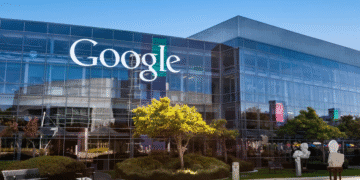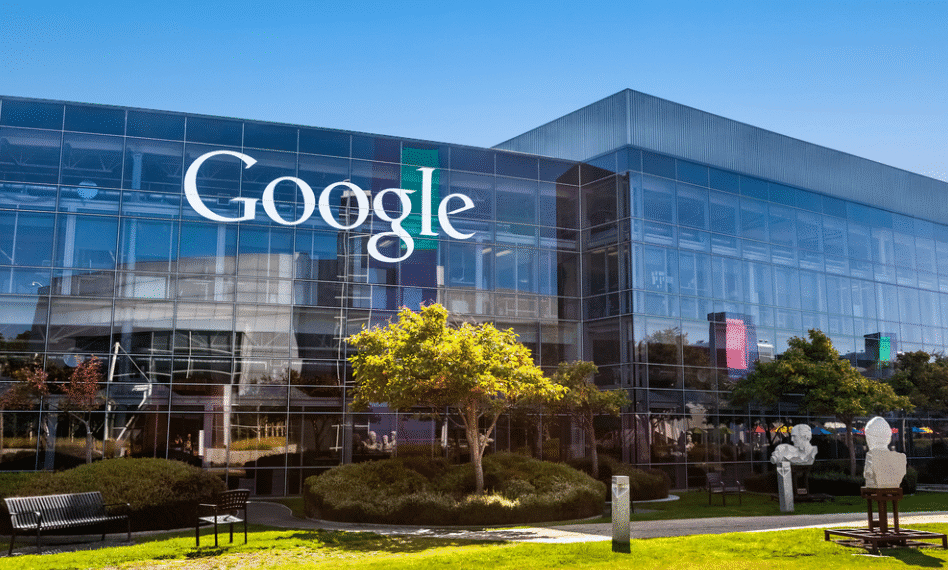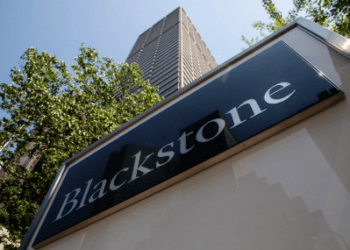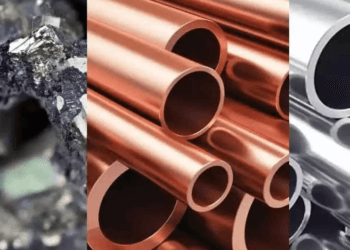DBT Bureau
Pune, 13 Nov 2025
Google reported a new €5.5 billion investment (2026-2029) in infrastructure and offices in Germany — including a new data center in Dietzenbach, continued investments in the existing Hanau data center campus, and expanded office locations in Berlin, Frankfurt and Munich. Google also detailed its first heat recovery project in Germany, and local skilling and wetland protection initiatives. This announcement is part of Google’s continued commitment to Europe, and is projected to contribute on average €1.016 billion to local GDP and support ~9000 jobs annually in Germany through 2029.
Cloud and AI infrastructure in Dietzenbach and Hanau
Google announced the construction of a new data center in Dietzenbach. When the facility is complete, it will strengthen the company’s cloud regions in Germany, which are part of the global network of 42 regions delivering high-performance and low-latency services that businesses and organizations — including Mercedes-Benz and Koenig & Bauer — use to build and scale their own AI-powered solutions.
Google is also continuing to invest in its existing data center facility in Hanau, which opened in 2023. Google Cloud’s regions in Germany offer cutting-edge AI services including Vertex AI with Gemini models. Google Cloud will continue delivering sovereign cloud solutions, allowing organizations to confidently adopt advanced cloud and AI capabilities, while adhering to local requirements and European values. This underscores Google Cloud’s commitment to freedom of choice by ensuring German businesses are not locked into any single vendor and have the operational flexibility to select the best services for their needs.
Clean Energy and Heat Recovery
Google also announced the expansion of its 24/7 Carbon-Free Energy (CFE) partnership with Engie in Germany through 2030. This pioneering collaboration, which began in 2021, is now scaling up to contribute to Germany’s energy transition and grid stability.
Engie has custom-assembled a flexible and growing portfolio of carbon-free energy sources to meet Google’s evolving regional needs. Working jointly, Google will purchase electricity from new German onshore wind and solar projects, optimize Google’s existing clean energy portfolio through battery (BESS) and hydro storage systems and integrate the off-take from Google’s long-term agreement with Ørsted’s for Borkum Riffgrund 3 offshore wind farm.
Leveraging the CFE Manager and Google’s other clean energy initiatives, Google’s German operations are projected to run at or near 85% carbon-free energy in 20261. By actively innovating on energy supply models Google aims to directly support German decarbonization goals and clean, reliable, and affordable energy system for everyone.
Google operates some of the most energy-efficient data centers in the world and is committed to responsibly growing its infrastructure. The company has maintained a 100% renewable energy match on a global basis every year since 2017 and is pursuing an ambitious clean energy goal to run on carbon-free energy 24/7 on every grid where it operates.
Alongside AI infrastructure investments, Google detailed a collaboration with Energieversorgung Offenbach (EVO), the local district heating provider in Dietzenbach, to capture and repurpose excess heat from Google’s forthcoming data center in Dietzenbach. Google and the regional energy supplier EVO created the necessary conditions for the excess heat from the data center in Dietzenbach to be fed into EVO’s district heating network and to be used by local residents. This collaboration will enable EVO to supply more than 2,000 local households with heating. This initiative marks Google’s first heat recovery project in Germany, contributes to the local energy transition, and follows Google’s pilot project in Finland.
Water Stewardship and Biodiversity
Beyond its operations, Google aims to improve local watershed health and replenish 120% of the water it consumes, on average. In Germany, 95% of the country’s natural peatlands have been drained, peat-cut, or converted to agriculture or forestry. In the state of Hesse, the NABU Foundation for Natural Heritage is working to protect Büttelborn Bruchwiesen, a large peatland area that provides significant habitat for bird species and other wildlife. Google is supporting the expansion of the core wetland area, further protecting the land and maintaining its natural groundwater recharge.
Skilling and Community Engagement
Google is committed to being a good neighbor. Today, Google is announcing new digital skilling and STEM collaborations with the Kathinka-Platzhoff-Stiftung, the Martin Luther Stiftung Hanau and the Kaufmännische Schule Hanau. This builds on the company’s existing support for a wide range of local digital skilling initiatives, such as the Code School Hanau, the KaTHINKas MINT-Initiative in der Ludwig-Geißler-Schule and the Prototyping Lab of the Brueder Grimm Berufsakademie in Hanau. Moving forward, Google will also support the Dietzenbach community.
Investment in Arnulfpost building in Munich, Expansion of Frankfurt Office
Apart from new infrastructure, Google is significantly investing in its office presence across Germany. In Munich, the company is proceeding with the expansion of the Arnulfpost. Through the revitalization of the historic building, Google reinforces its clear commitment to Germany and Munich as a key hub for development, research, and product innovation. This investment will establish a state-of-the-art development center, providing 30,000 square meters of office space for up to 2,000 Googlers. The project not only revives a historic landmark but will also create public areas accessible to all Munich citizens upon completion at the end of 2026.
Additionally, Google has expanded into the 24th floor of the Global Tower in Frankfurt, which is now the company’s highest office in Germany. This new space includes a fully equipped Google office and a new TechTalk conference room for up to 100 guests. Google is also expanding its Berlin office by reconstructing previous digital studios into three additional floors equipped with meeting rooms and a new TechTalk conference room facing the Spree river, and a new demo space.




















